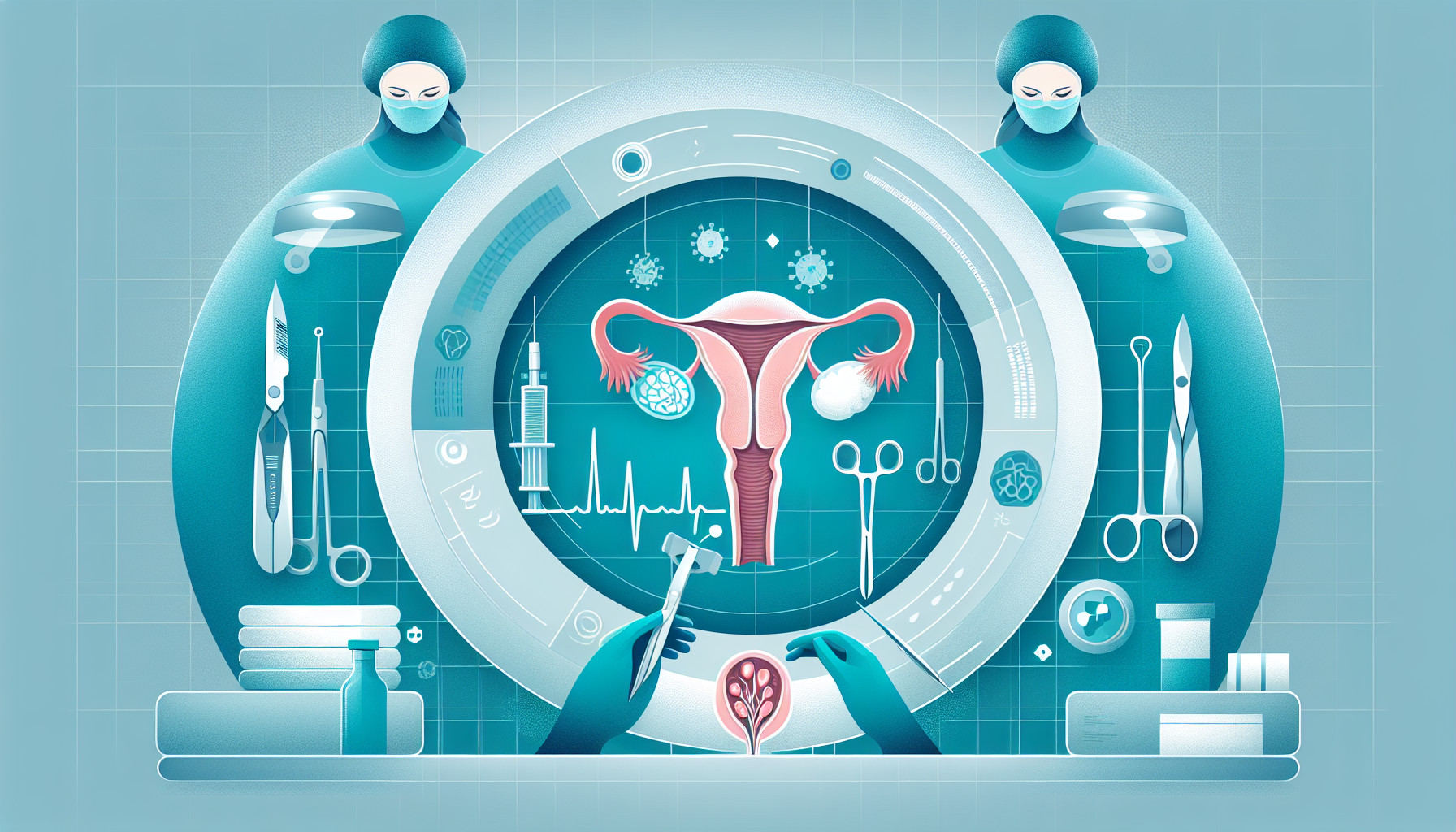Our Summary
This study aimed to analyze the impacts of a 3D laparoscopic surgical procedure on the ovarian reserve, which is the number of eggs a woman has left in her ovaries. The focus was on women who underwent this surgery to remove ovarian cysts, which are fluid-filled sacs that can form on the ovaries.
Three types of cysts were examined: endometriomas, mature cystic teratomas (also known as dermoid cysts), and serous or mucinous cystadenomas. The researchers tracked two hormones that indicate the state of the ovarian reserve: anti-müllerian hormone (AMH) and follicle-stimulating hormone (FSH). These were measured before surgery and then six months after the procedure.
The results showed that the surgical removal of endometriomas and dermoid cysts significantly reduced the ovarian reserve, as indicated by a decrease in AMH levels. This drop was particularly notable in the group with endometriomas. On the other hand, the removal of serous or mucinous cysts did not have a significant impact on the ovarian reserve. The study did not find a significant increase in FSH levels after the surgeries. The surgery duration, blood loss, and other factors were similar across the groups.
In simple terms, this study found that the removal of certain types of ovarian cysts through this 3D laparoscopic procedure can reduce the number of eggs a woman has left in her ovaries.
FAQs
- What is the impact of 3D laparoscopic surgery on the ovarian reserve in women with ovarian cysts?
- Does the removal of all types of ovarian cysts affect the ovarian reserve?
- What hormones were tracked in the study to indicate the state of the ovarian reserve?
Doctor’s Tip
Therefore, it is important for patients considering ovarian cyst removal to discuss the potential impact on their ovarian reserve with their doctor. They may want to consider freezing their eggs before the surgery if they are concerned about their fertility. Additionally, regular monitoring of hormone levels post-surgery can help track any changes in ovarian reserve. It is important to have a thorough discussion with your doctor about the risks and benefits of the surgery before making a decision.
Suitable For
Therefore, patients who are typically recommended ovarian cyst removal are those with endometriomas and dermoid cysts, as these types of cysts can have a significant impact on the ovarian reserve. Patients with serous or mucinous cystadenomas may not necessarily need to undergo surgery for cyst removal, as these cysts do not appear to have a significant impact on the ovarian reserve. It is important for patients to consult with their healthcare provider to determine the best course of action for their specific case.
Timeline
Before the surgery, the patient may have experienced symptoms of the ovarian cysts, such as pelvic pain, bloating, and changes in menstrual cycles. They would have undergone diagnostic tests such as ultrasounds or MRIs to confirm the presence of the cysts. The patient would have consulted with a gynecologist or a specialist to discuss the surgical options and risks.
After the surgery, the patient will undergo a recovery period, which may involve pain management and restrictions on physical activity. They will have follow-up appointments with their healthcare provider to monitor their healing and any potential complications. In the case of this study, the patient’s ovarian reserve will be assessed through hormone tests to determine the impact of the surgery on their fertility. Additional treatments or interventions may be recommended based on these results.
What to Ask Your Doctor
Some questions a patient should ask their doctor about ovarian cyst removal include:
- What type of ovarian cyst do I have and why is surgery recommended for its removal?
- What are the potential risks and complications associated with the 3D laparoscopic surgical procedure for ovarian cyst removal?
- How will the surgery impact my ovarian reserve and fertility potential?
- Will the removal of the cyst affect my hormonal levels and how will this impact my overall health?
- What is the recovery process like after the surgery and how long will it take for me to fully recover?
- Are there any alternative treatment options available for my ovarian cyst?
- Will I need any follow-up appointments or monitoring after the surgery?
- How soon after the surgery can I expect to resume normal activities, including exercise and sexual intercourse?
- Are there any lifestyle changes or precautions I should take after the surgery to prevent the recurrence of ovarian cysts?
- What is the success rate of this type of surgery for removing ovarian cysts and what is the likelihood of the cyst coming back in the future?
Reference
Authors: Arı SA, Şahin Ç, Akdemir A, Ergenoğlu AM, Yeniel AÖ, Terek MC, İtil İM, Çırpan T. Journal: Turk J Obstet Gynecol. 2025 Jun 4;22(2):134-140. doi: 10.4274/tjod.galenos.2025.38259. PMID: 40462411
